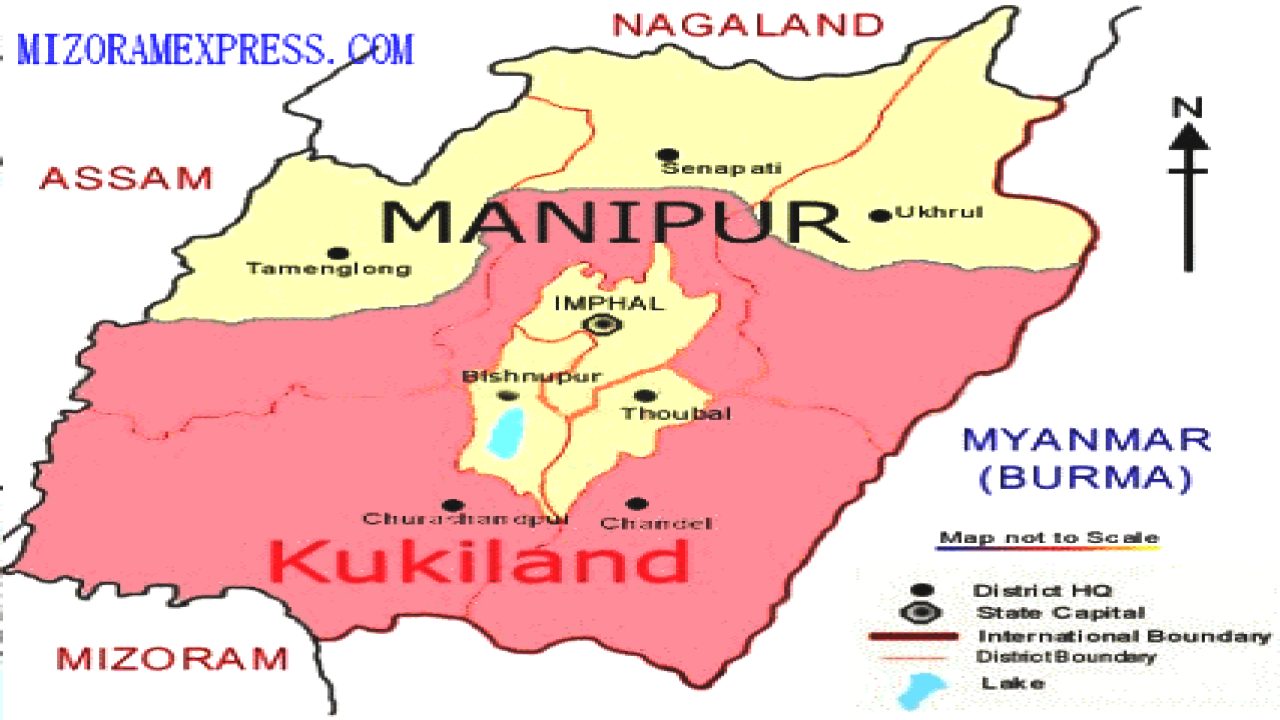The Demand for Kukiland
The demand for a separate administration in Manipur by the Kuki-Zomi MLAs has gained attention following clashes between the Kuki-Zomi tribes and the Meitei community.
Clashes and Demand for Separate Administration
The demand for a separate administration emerged as a response to the clashes that resulted in fatalities between the Kuki-Zomi tribes and the Meitei community. In the aftermath of these clashes, the Kuki-Zomi MLAs, including two ministers in the N Biren Singh government, met Home Minister Amit Shah in Delhi to advocate for a separate administration.
Historical Background: The Origins of “Kukiland”
The origins of the demand for a separate “Kukiland” date back to the late 1980s when the Kuki National Organisation (KNO), the first and largest of the Kuki-Zomi insurgent groups, was formed. The demand for a separate state has periodically resurfaced since then.
Territories Claimed as “Kukiland”
The claimed territory of “Kukiland” includes Sadar Hills, Churachandpur, Chandel, and parts of Tamenglong, Ukhrul, among others. The Kuki State Demand Committee (KSDC) has asserted that these territories, comprising more than 60% of Manipur’s area, should be designated for Kukis and “Kukiland.”
Objectives of the Kuki State Demand Committee (KSDC)
The primary objective of the KSDC is to secure a separate state within the Indian Union for the Kuki community. The demand for a separate administration reflects the aspirations of Kukis for political autonomy and self-governance.
Impact and Significance of Zale’n-gam
The demand for a separate “Kukiland” is deeply rooted in the concept of Zale’n-gam, or the “land of freedom.” Some Kuki-Zomi people contest the narrative of their settlement around the Imphal valley, asserting a historical homeland that stretches across regions in India’s Northeast and contiguous areas in present-day Myanmar.
Grievances Highlighted by the Kuki National Organisation (KNO)
The KNO’s manifesto emphasizes grievances such as the alleged neglect of Kuki-dominated districts, land disputes with Naga insurgent groups, and a perceived lack of support during the Naga-Kuki clashes in 1993. These factors have fueled the demand for a separate administration and greater autonomy.
Objective of the KNO’s Manifesto
The KNO’s manifesto aims to restore the ancestral Kuki territory to its rightful status within the Indian Union. It seeks recognition and redress for historical grievances, providing Kukis with a distinct political identity and representation.
Month: Current Affairs - May, 2023
Category: India Nation & States Current Affairs


